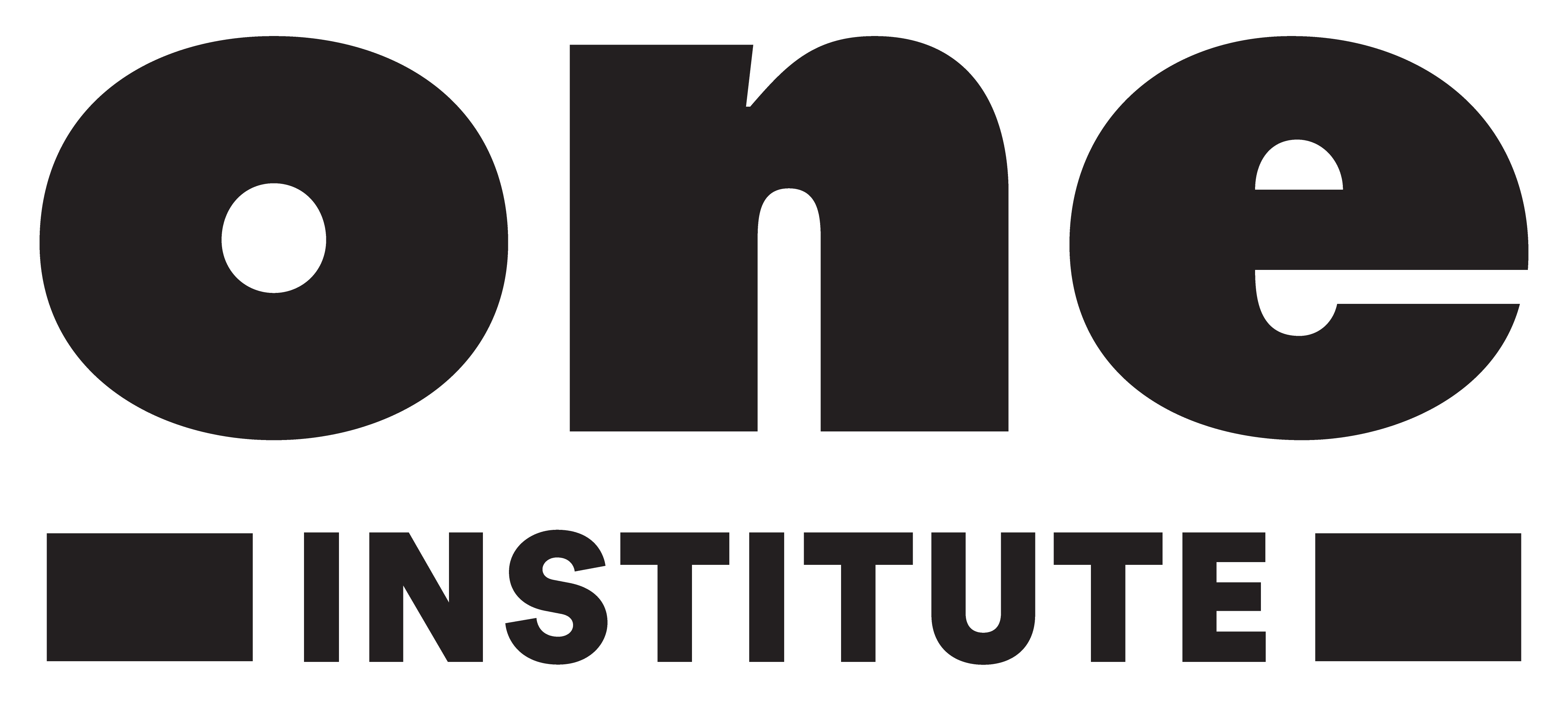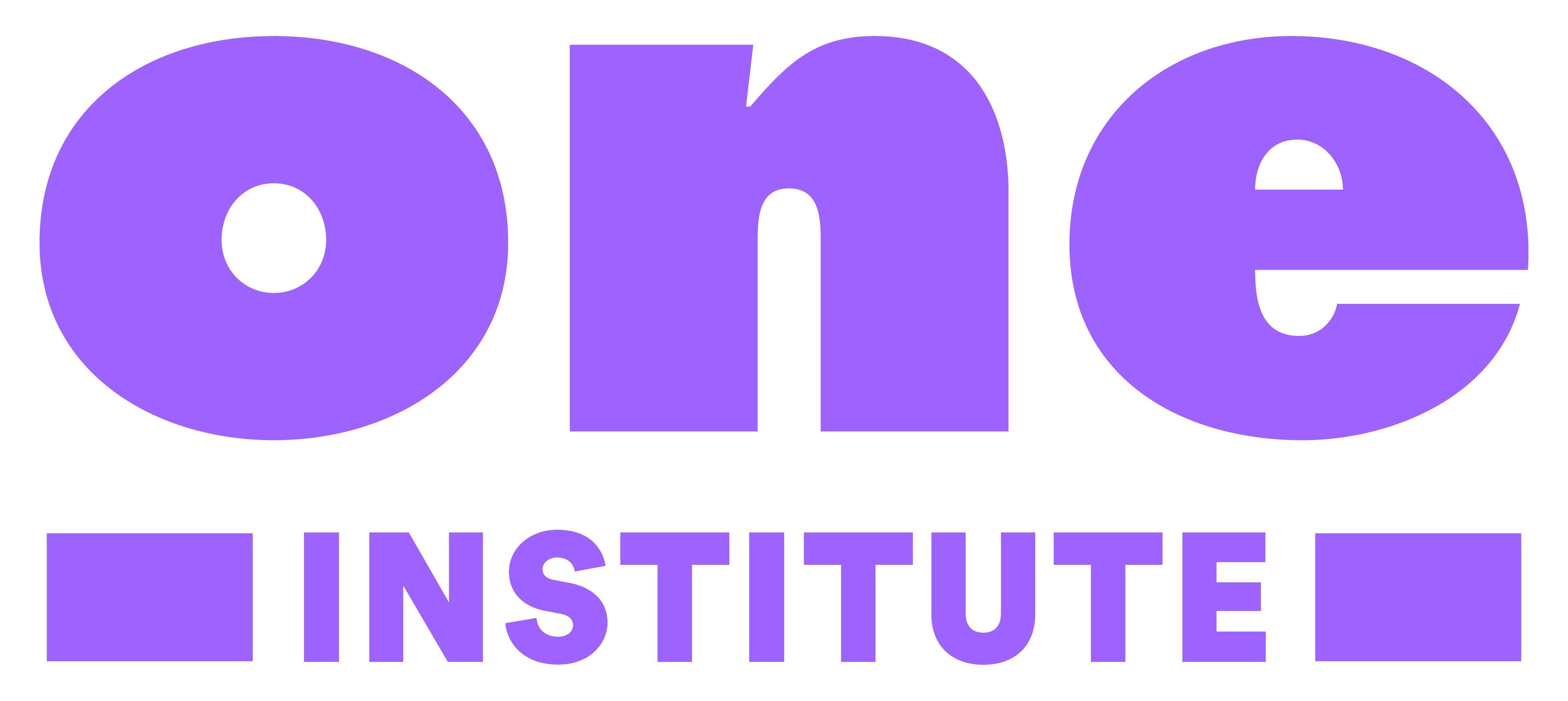Metanoia: Transformation Through AIDS Archives and Activism
MARCH 11, 2019 to APRIL 29, 2019
Opening Reception: Monday, March 11, 2019, 5:00 – 7:30pm
RSVP for the opening reception at New York City’s LGBT Center by clicking here.
New York LGBT Center
208 W 13th Street
New York, NY 10011
New York LGBT Center Hours:
Monday–Saturday, 9:00am – 10:00pm
Sunday, 9:00am – 9:00pm
Metanoia: Transformation Through AIDS Archives and Activism is an archival examination of community-based responses to the ongoing AIDS crisis in America. The exhibition’s title is of Greek origin and expresses the possibility of change through transformation. Metanoia demonstrates that HIV/AIDS is a powerful agent of change and that transformation happens through community, activism, words, sex, care, and the materials that document these human efforts.
Metanoia is displayed over three floors of The Center in New York City and was curated from The Center Archive’s holdings as well as those of the ONE National Gay & Lesbian Archives at USC Libraries (ONE Archives). The exhibition centers primarily on the contributions and experiences of Black cis and trans women, and cis and trans women of color who have always been at the forefront of movement work, but who are often found at the margins of AIDS archives, art shows, and histories. Locating their words, images, stories and histories in these archives has been transformational for the curators, and will be for audiences concerned with the ongoing impact of the AIDS crisis.
Metanoia begins with items found in the extensive Judy Greenspan Papers housed at The Center Archive. Greenspan was a member of the Prison Issues committee of ACT UP San Francisco, the AIDS Information Coordinator of the ACLU National Prison Project, and the Project Director of the HIV/AIDS in Prison Project of Catholic Charities. Her papers provide a sharp window into HIV/AIDS prison activism through the lens of Black women like Joann Walker and Twillah Wallace, activists who strongly advocated for health, well-being, access to HIV medication, and compassionate release for themselves and their sisters experiencing incarceration in the early to mid-90s. The show features posters, newsletters, pamphlets, and other activist ephemera from the archives that draw out the larger context in which Black women with HIV in prison were changed into agents of transformation for themselves, their communities, and all people living with or affected by HIV. An archival exhibition, Metanoia works with the past to present a way to understand AIDS now while working towards a more just future.
Metanoia attends to different and related histories of care focusing on the activism of people like Joann Walker and Katrina Haslip, Black women living with HIV, who were incarcerated and the cultural, political, and health contexts that allowed for their social justice work to impact the history of HIV/AIDS. The exhibition celebrates words of affirmation, defiance, and education that can transform ideas into action, healing, and knowledge. Metanoia features a documentary photographic series by Lolita Lens Photography of five current women of color activists in New York City working on issues related to HIV & AIDS.
A free companion guide to Metanoia will include additional information about archival materials included in the exhibition, and as importantly, strategies for communities to think of their own histories as shareable sites of power for collective transformation. A series of community based workshops in New York City and California, and three public programs at The Center—an opening (March 11, 2019), video screening on prison and HIV activism (April 8, 2019), and closing walkthrough (April 29, 2019)—also build out the scope of the exhibition.
Metanoia is organized by the One Institute, Inc. and The Center, and curated by Katherine Cheairs, Alexandra Juhasz, Theodore (ted) Kerr, and Jawanza Williams for What Would an HIV Doula Do? (WWHIVDD), a collective comprised of artists, filmmakers, writers, and activists committed to ensuring that community plays a key role in the current AIDS response. WWHIVDD sees a “Doula” as someone in the community who holds space for others during times of transition. WWHIVDD understands HIV as a series of transitions in someone’s life regardless of one’s status; that starts long before a test or diagnosis, and lasts long after someone begins treatment.
About the One Institute, Inc.
The One Institute, Inc. is an independent 501(c)(3) dedicated to telling the accurate and authentic stories of LGBTQ people, history, and culture through public exhibitions, educational projects, and trainings, and community outreach programs. Our exhibitions, school programs, and community outreach programs are free. We depend entirely on members of the public and private foundations for support. For more information, please reach us at www.ONEArchives.org.
About New York City’s LGBT Community Center
Established in 1983, New York City’s Lesbian, Gay, Bisexual & Transgender Community Center empowers people to lead healthy, successful lives. The Center celebrates diversity and advocates for justice and opportunity. Each year, The Center welcomes more than 300,000 visits to our building in the West Village neighborhood of Manhattan from people who engage in our life-changing and life-saving activities. To learn more about our work, please visit gaycenter.org.
The Center Archive is a community-based archive that collects, preserves and makes accessible documentation of LGBTQ collective histories and personal stories, focused on but not limited to New York. It houses approximately 1,500 feet of material, including personal papers, business and organization records, photographs, audiovisual recordings, periodicals and ephemera.
Metanoia: Transformation Through AIDS Archives and Activism is funded in part by generous donations from: Broadway Cares/Equity Fights AIDS, The Calamus Foundation, Don Capoccia and Tommie Pegues, Kors Le Pere Foundation, and the One Institute, Inc.



